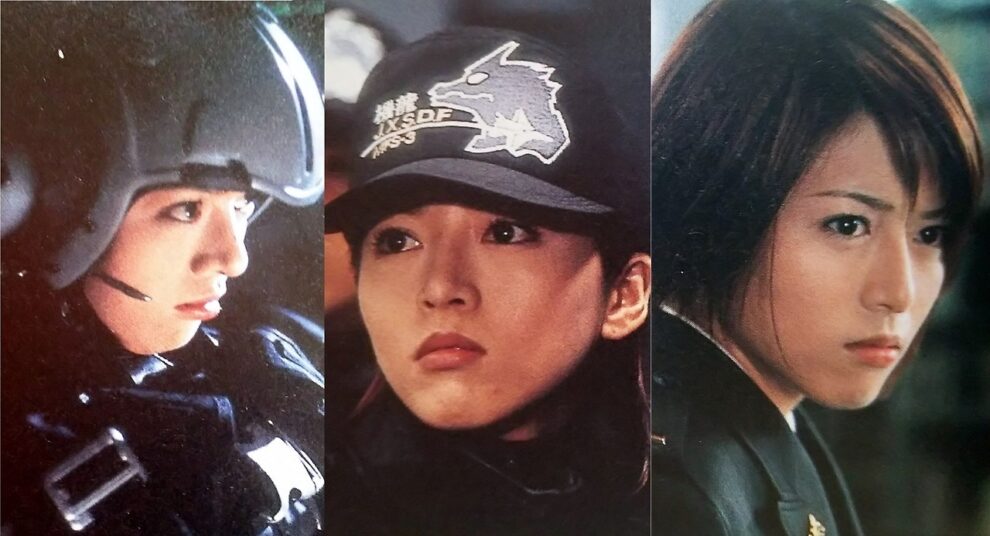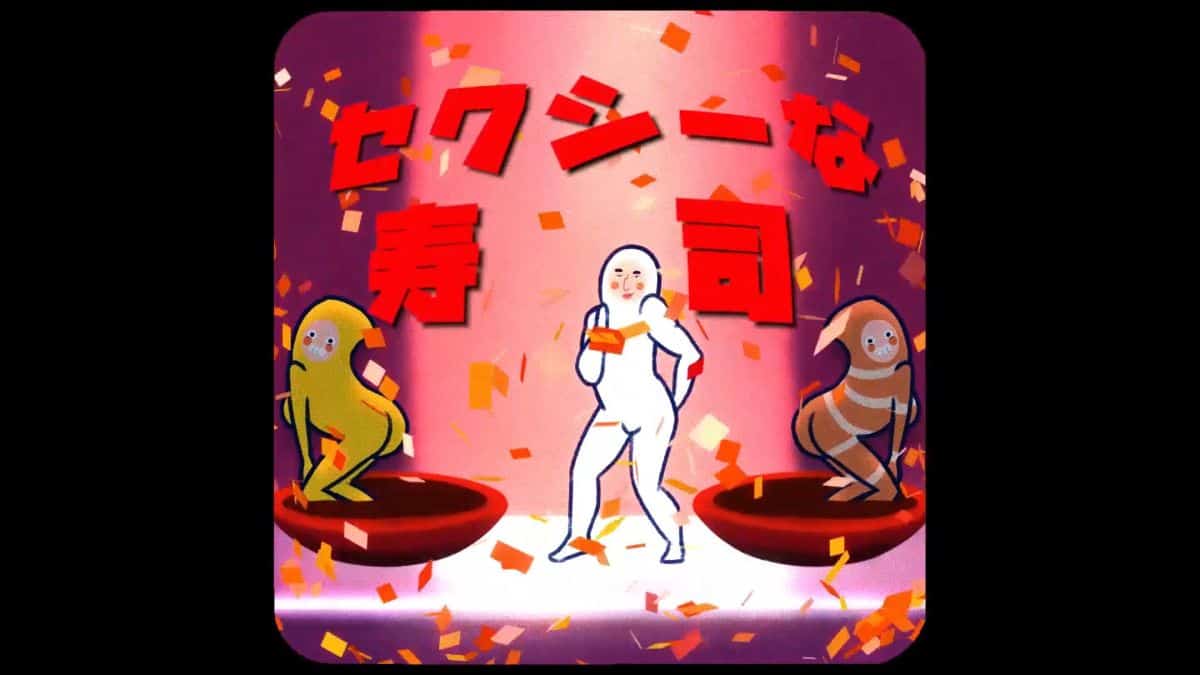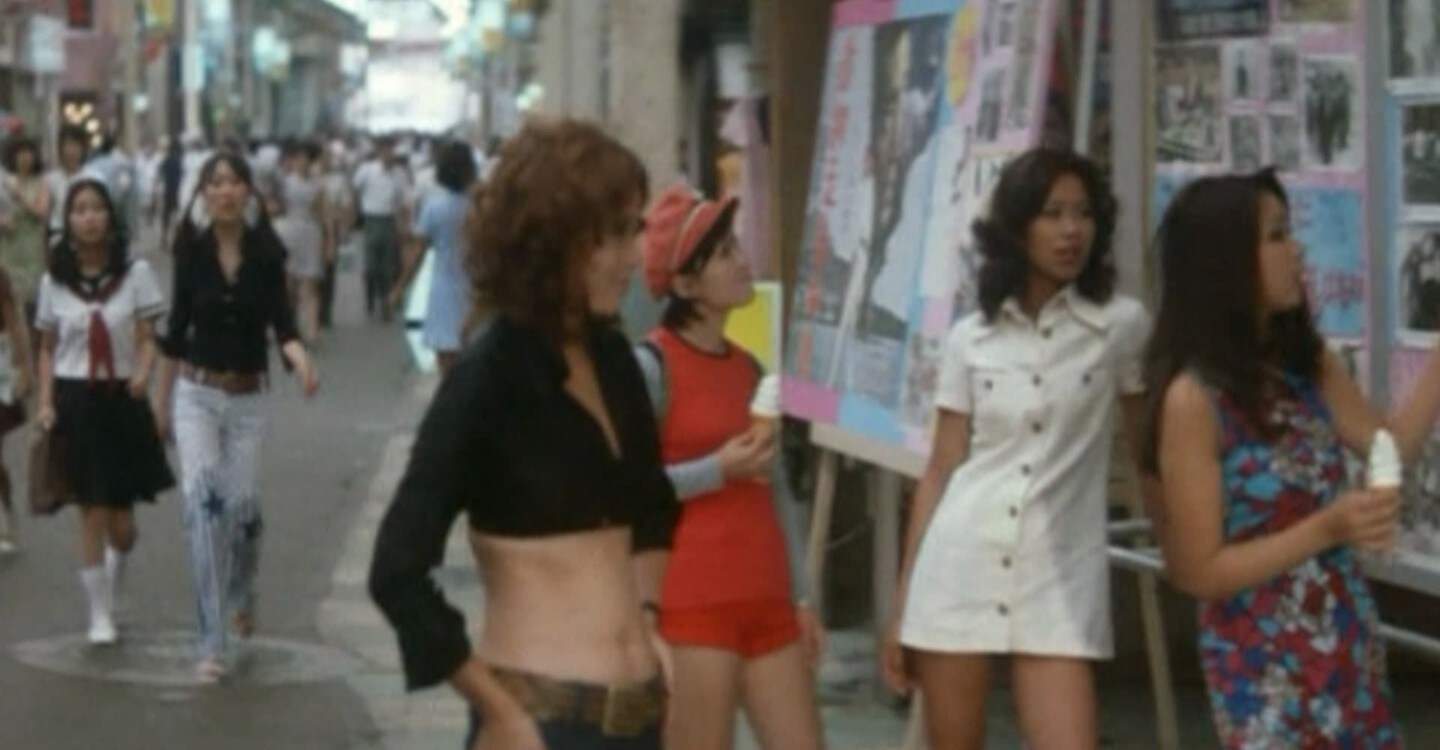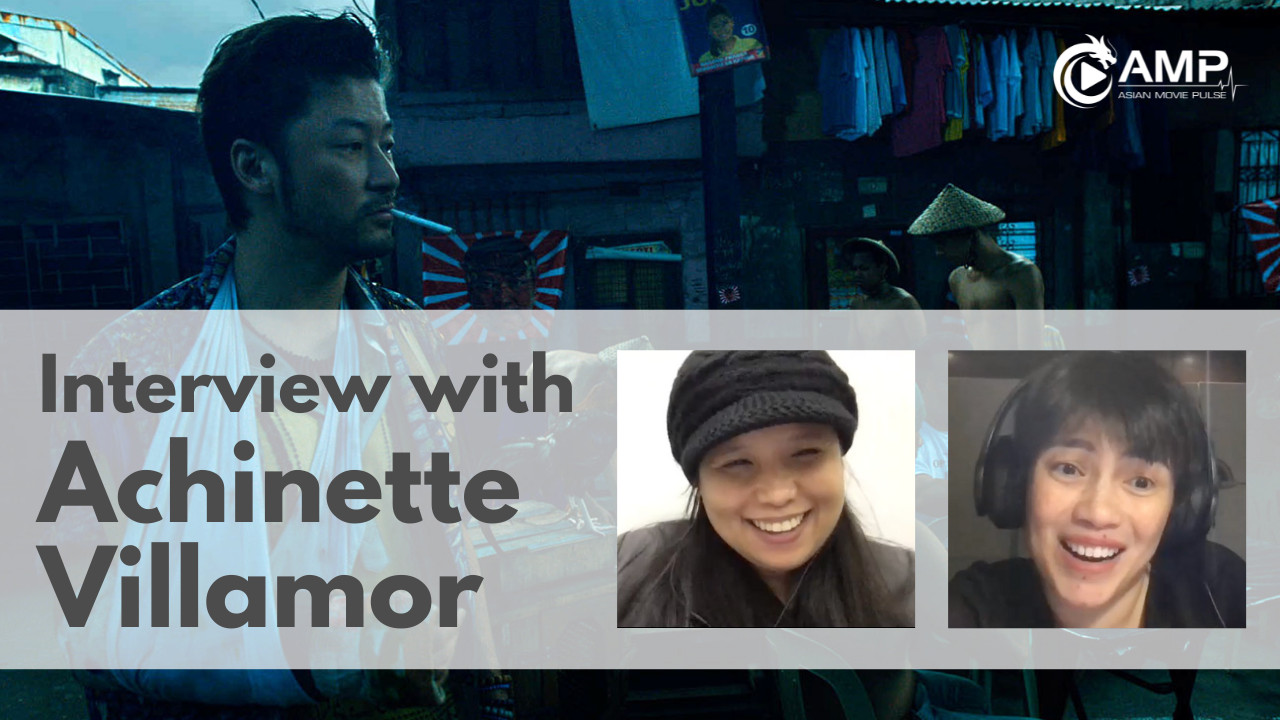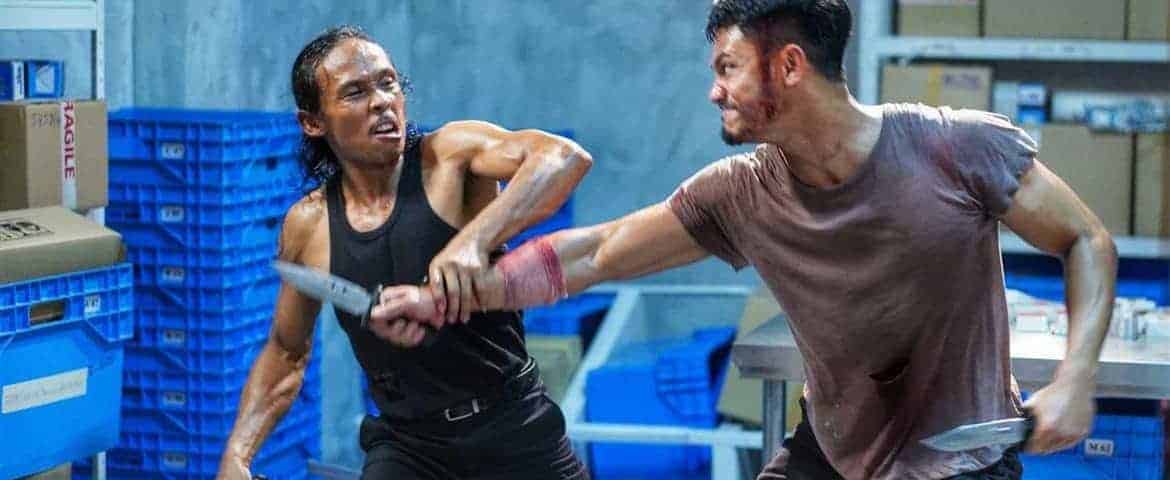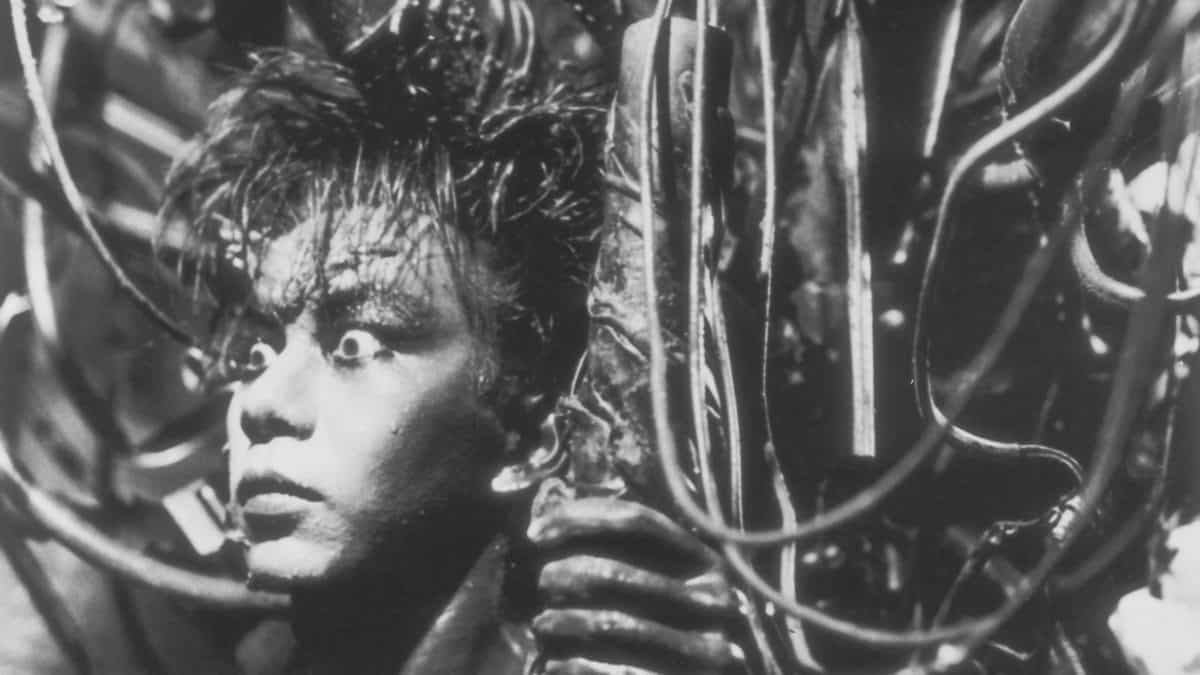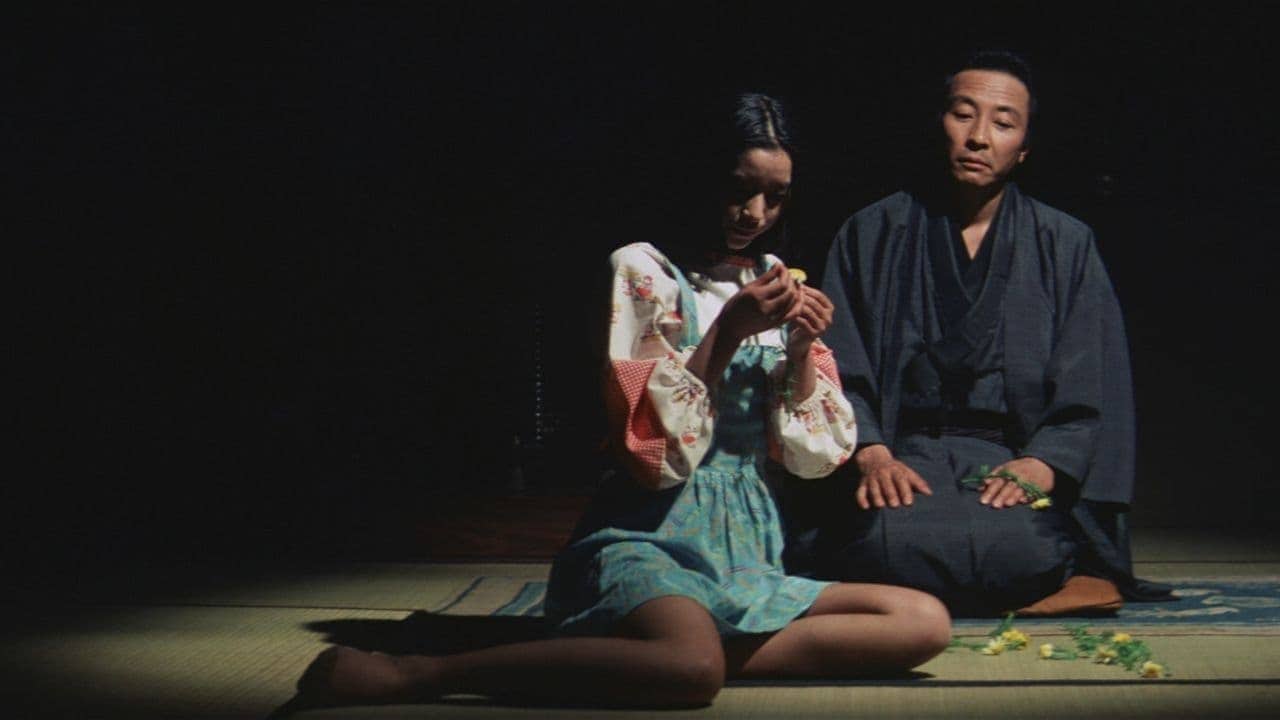by Alyssa Charpentier
“Nothing is so strong as gentleness, nothing so gentle as real strength,” remarked Francis de Sales. This seemingly contradictory adage finds a home not only in the 16th century but also in female movie characters from the Japanese Godzilla series. The Godzilla saga, which celebrates its 70th birthday this year, features numerous inspiring women. Refer to “Gojira,” the 1954 original, for a glimpse at its first, Emiko Yamane (Momoko Kochi). Emiko's tender heart shines in her caregiving for the film's wounded and her convictions that compel scientist Daisuke Serizawa to use his apocalyptic Oxygen Destroyer device against Godzilla. Noriko Oishi (Minami Hamabe) is the franchise's most recent figure of female endurance in “Godzilla Minus One” (2023): she courageously rears a small child—not even her own—following postwar Japan's devastation while living with an emotionally tortured, disgraced young Kamikaze who doesn't intend to marry her (a precarious situation for that generation of women).
Other notable Godzilla ladies include Heisei sweetheart Miki Saegusa (Megumi Odaka), gifted with telepathy and empathy in her dealings with Godzilla and his offspring, and the tragic, self-sacrificing cyborg girl Katsura Mafune (Tomoko Ai) from “Terror of Mechagodzilla” (1975). Each of these women contributes to their respective films, either indirectly with their morals and beauty or explicitly through hands-on plot progression. Among the best, however, is First Lieutenant Akane Yashiro (Yumiko Shaku) from Masaaki Tezuka's “Godzilla Against Mechagodzilla” (2002), whose holistic strength, character development, and redemptive arc remind viewers that not all inspiring women have to shout their merits to be heard. In an era of endless cinematic “girl bosses” and “strong” female characters, the diplomatic, quietly powerful screen heroine is a refreshing one, indeed.
Plot Recap
Akane's story begins in a typhoon battle against Godzilla. She operates a maser tank for the Anti-Megalosaurus Force (AMF), but this skilled and confident young woman unknowingly teeters on the cusp of tragedy. When Godzilla lashes out at the AMF during their deterrence attacks, Akane panics, reverses her tank, and accidentally smashes into another vehicle, sending it tumbling into Godzilla's path. Godzilla then crushes it underfoot, killing her fellow force members and traumatizing her.
Guilt-ridden and ashamed, the discredited maser operator is afterward demoted to a desk position and internalizes a belief that her life is worthless. Despite this, she continues intense physical conditioning in the hopes of one day returning to more exciting work. Her opportunity arrives when a new biomechanical superweapon called Mechagodzilla, or Kiryu, needs pilots and crew members. A fair-minded Japanese Self-Defense Force (JSDF) officer recruits Akane as a Kiryu pilot, enabling her to continue fulfilling her dutiful inclinations and redeem her past.
Along her journey with the elite Kiryu Squad, who transport and remotely operate Kiryu via aircraft—she is shown to be the only woman on the team—Akane faces harassment from Susumu Hayama (Yusuke Tomoi), a fellow pilot whose brother died because of her accident. Even when Hayama isn't laying into her, Akane soldiers through depressive and self-loathing tendencies that estrange her from her Squadmates.
As the story advances, though, so does our heroine. She is befriended by one of Kiryu's creators, Dr. Tokumitsu Yuhara (Shin Takuma), and his young daughter, Sara (Kana Onodera), who begins to cleanse her outlook on life and herself. Dr. Yuhara takes a romantic liking to Akane and observes her isolation from her peers. Akane admits she has always been alone and later confesses to Sara her darkest self-beliefs: “Nobody was glad to have me. I shouldn't have been born.” Sara protests this gloomy talk, asserting that “To be alive is good enough” and “No life can be worthless,” but the troubled woman remains unsure.
Then, she is called into battle when Godzilla surfaces in Tokyo. Her inner fire rouses to a steady roar as she uses Kiryu against the kaiju, dealing spirited blows until Kiryu's brief incapacitation. In order to continue fighting, the downed Kiryu now requires manual instead of remote operation—meaning Akane inside the metal monster's cockpit. It's a dangerous task, but Akane's redemptive desires and dedication overpower her human fears as she volunteers for the mission; she assumes responsibility for Japan's most potent weapon and gives Godzilla everything she's got. The film ends with a semi-victorious Ms. Yashiro posed on Kiryu's shoulder, overlooking the retreating back of a badly wounded Godzilla. She didn't finish the job, but she put one thing to rest: her deeply skewed former self-perceptions.
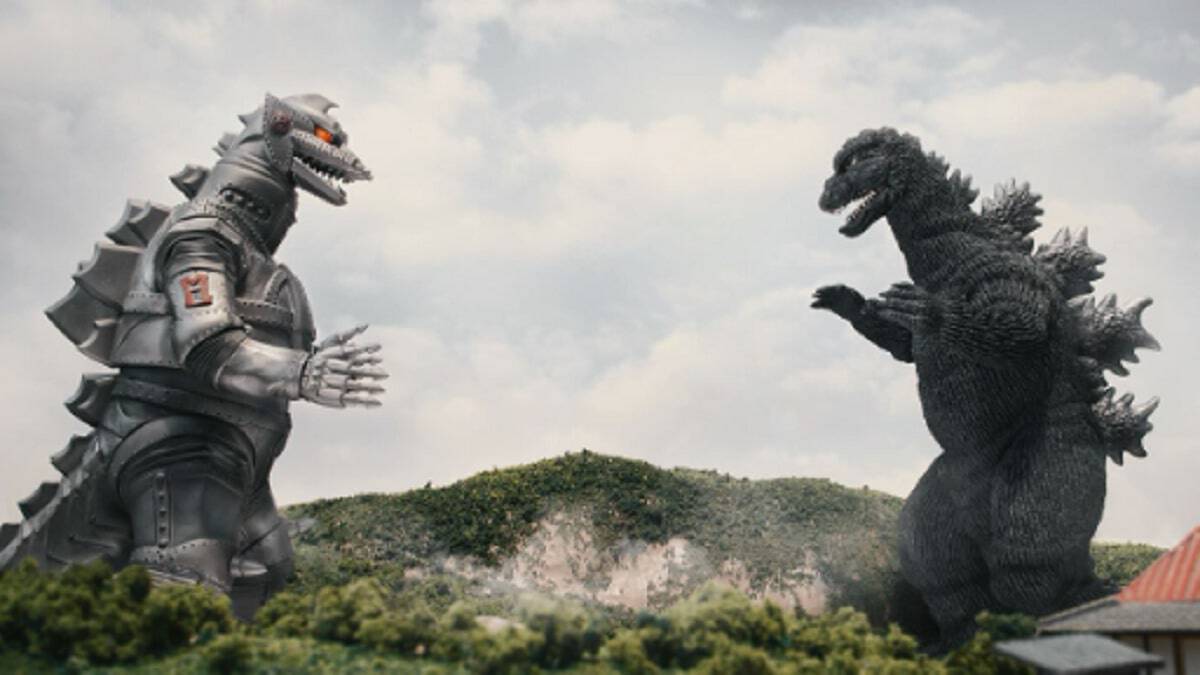
Tracing the Character Arc
Akane embodies a centuries-old endorsement of gentle strength in a real-world society that frequently flouts gentleness. She's reserved, quiet, and unimposing, never uttering complaints, lashing out at others, or asserting herself over them with unnatural swagger and bravado during the course of her challenges. Strength is often erroneously attributed to cruelty and brazen displays of power: the capacity to harm, destroy, express ugly emotions without fear of reproach, be commanding, domineering, etc. This modest military woman reveals that strength's roots are usually humbler and deeper than the ones readily seen. Real strength grounds itself in the soil of one's character; false displays rear up on the surface and present stumbling hazards to others. In her story, Akane's approach to adversity isn't just an inspiration for half the population; it's a testament to a revolutionary truth from which everyone can benefit.
As she evolves from the soft-spoken, melancholic loner to the victorious hero, Akane faces three obstacles: others (Hayama, her perceived un-belonging with peers), Godzilla, and herself. She overcomes Hayama with silence and diligence in her role as a Kiryu pilot. After learning of Akane's position in the Kiryu Squad, Hayama relentlessly harasses her in front of the other Squad members. “This must be a mistake,” he says when he sees her with the Squad suiting up for duty. “Be careful, men!” He turns and scans the room, hoping to poison the others against their comrade. “Don't let her kill us like my brother!” The same gracious officer who asked Akane onto the Kiryu Squad corrects Hayama, but Hayama's digs and snark continue out of his earshot.
The beleaguered woman, meanwhile, maintains silence when Hayama attacks her because she understands his anger. She could have easily reacted to her co-pilot's abuse with shouting, cursing, self-victimization—”I didn't mean to kill your brother, it was an accident!”—or passive aggression. Fortunately, she has enough wisdom to realize Hayama is still grieving his brother's loss and that exacerbating his unacceptable behavior with poor responses of her own won't right old wrongs… or perceived wrongs. Though she'd prefer not to be reminded of her failings, she accepts that Hayama will likely never forgive them.
Instead of opting for rash courses of action, Akane keeps to herself and does her job. She recognizes that the best way to redeem her past and gain Hayama's respect is by faithfully executing her duties and leaving him be. Her first turn of fate bends Hayama in her favor during Kiryu's initial clash with Godzilla. When the mecha experiences a terrifying malfunction, rendering it not only unresponsive to its pilots but murderous, it is Akane who rescues Hayama from his downed aircraft before it explodes. “Why save me?” a bloodied Hayama asks his protector. She doesn't respond; she trusts her actions to speak what words cannot. Later, toward the film's end, Akane again rescues Hayama from a fiery death, reinforcing her competence, benevolent nature, and occupational commitment.
Godzilla remains our protagonist's biggest (literally) barrier. This creature made her into a killer, however unintentionally, and tarnished her honor. He terrorizes her nation, and she could not previously defeat him with conventional weapons. But now, this former victim of circumstances commands Japan's foremost military asset, and she doesn't take this entrustment lightly. Her military ambition existed before any known line-of-duty tragedy. Initially, she's presented as a sharp young maser operator—called “genius” by her comrades—and the sort of take-action person who likes getting things done. It's possible Akane's self-admitted lifelong depression led her to seek a purpose in the military. A tragedy, therefore, wouldn't rob her of her sense of duty but reinforce it. Rather than cowering from Godzilla or lamenting what he did to her, Akane battles the monster in the spirit of duty, redemption, and interpersonal devotion. Thus, her motivation to fight Godzilla is likely not entirely remorse or revenge-based but provides personal fulfillment as she protects her nation and makes use of her life.
If you like this article, check also this list
Duty meets personal motivation when Akane's friendship with Dr. Yuhara and his daughter bolsters her courage during her final Godzilla confrontation. Having spent much of the film developing a connection with these characters and some of her Squad mates, Akane sees them in a flashback while knocked unconscious inside Kiryu's cockpit. One could argue that all of her motivations appear before her mind's eye at this moment; beginning with the traumatic memory of Godzilla stepping on her AMF comrades, Akane's vision proceeds through images of the Kiryu Squad, Sara Yuhara's outstretched hand, Dr. Yuhara's good-natured smile, and ends with Sara's order, “Don't die!” The dazed pilot surfaces from the depths of her stupor and resumes operation of Kiryu, her purpose and hope restored.
At this moment, Akane overcomes the most prodigious obstacle: herself. The existential despair and loneliness that formerly framed her life crumble in light of this assembly of purposes: atoning for her fallen force members, honoring and protecting her new ones, and living—truly living—because there are people in her world who genuinely love her. Together, these realizations compose Akane's ultimate motivation—to live victoriously—driving her forth in the fight that will rid her nation of its greatest nightmare by the next film.
The Heart of a Heroine's Strength
Major Kiriko Tsujimori from “Godzilla Vs. Megaguirus” (2000) has been identified as Akane's likely character prototype, but there's one considerable difference between them: Tsujimori is motivated by revenge, and a much quieter sense of responsibility propels her counterpart. The latter's battle against Godzilla isn't personal, and she doesn't drop sassy quips about making the giant lizard pay for killing her comrades. Akane lacks Tsujimori's pomp. Pomp and snark are preferred traits in modern “strong female characters” (think Galadriel from “The Rings of Power” and “She-Hulk”‘s Jennifer Walters), but Akane's attitude strikes as far more realistic and humble. It's not about settling a score; it's about easing her conscience and protecting the people and country she loves. Her refusal to prop herself up and make harsh remarks against degrading co-pilots and kaiju alike highlights Akane's resolute character and exceptional moral fiber, which she wields to eventually gain Hayama's respect, dismantle her emotional strongholds, and defeat Godzilla.
Ms. Yashiro is undoubtedly a symbol of strength. She slays giants in multiple forms, from a dark, self-hating mind, people who despise her as much as she loathes herself, and literal monsters. By the end credits, she's triumphed over all of it. Yet her methods remain, perhaps, more telling and inspirational than the victories themselves.
Akane is most interesting not because she's successful—plenty of female characters boast success—but because her approach to heroism is much softer and subtler than many stories are willing to allow. She doesn't draw attention to herself or bemoan her circumstances. She's purpose-driven while still visibly feeling the effects of her depression and past actions. Gentleness and compassion enable her to maintain a civil enough working relationship with her hateful co-pilot and even rescue him in his hours of need as she adheres to a superior attitude.
It can be especially difficult to choose hope and gentleness when suffering from a mental illness. Akane may have acted too stoic for her own good, denying herself necessary treatment for her depressive afflictions and possible suicidal ideation—her “I shouldn't have been born” statements are particularly alarming—but one can respect the way she carries herself in “Godzilla Against Mechagodzilla.” There's no whiff of pretension from her. No “woe-is-me” lamentations from someone with ample reason to be defeatist. Even her confessions to the Yuharas are more matter-of-fact than sympathy-seeking, and she doesn't wallow in the darkness roiling inside her despite it affecting her so deeply. Some mental illnesses are weaponized or excused by the afflicted, with people attacking others and then shifting responsibility from themselves to their issues. Akane prefers to work through her problems by affixing herself to a purpose and allowing people, and love, into her life. It's a gentler, safer, more fulfilling approach, further affirming her power as a person.
The Measure of Strength
Authentic strength isn't braggadocious. It's firm but knows when to soften. It's willing to be vulnerable and let people in. It's duty-driven, not power-seeking, and is motivated by goodwill for others rather than self-exaltation. Strength doesn't belong to bruising fists, imposing personalities, or the verbally abusive; it's a quality that needn't advertise itself, but it nonetheless streams through in one's persistence, dedication, and, yes, the gentleness of one's conduct.
“Nothing is so strong as gentleness, nothing so gentle as real strength,” because strength requires perseverance and restraint—qualities Akane Yashiro exercised consistently throughout her story. Passionate and dutiful but quietly, beneath an unassuming, self-isolating surface, she may have seemed an unlikely heroine at the beginning of “Godzilla Against Mechagodzilla.” Fortunately, her creators recognized that strong women, and people, don't need to look, scream, or necessarily act the part to be powerful.
Might is respected in war. In the war that is daily life, strength takes the surprising shape of compassion, quiet diligence, and gentleness: of deed and word and of mouth and mind.


